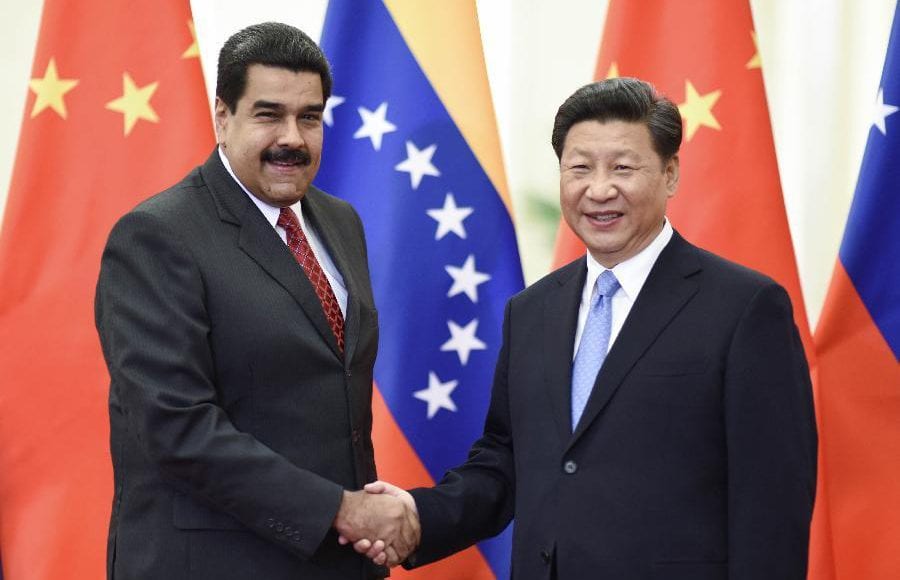The recent round of sanctions from the Trump administration has pushed the Venezuelan government to publish its oil prices in Chinese Yuan which has been seen as a fulfilled promise from President Nicolás Maduro to layoff the U.S dollar, according to Business Insider.
U.S sanctions are intended to force the Venezuelan Government to re-institute democracy and economic stability given the recent political, financial and humanitarian crisis in this country. However, sanctions might represent an opportunity for countries like Russia and China to penetrate markets in the Caribbean and have access and control of some financial aspects of Venezuela’s economy and the region’s.
According to OilPrice, the United States Government has been analyzing the possibility of imposing sanctions on Venezuelan oil company PDVSA, which at this point in time does not have the capability of extracting and processing, for example, heavy oil located in the Orinoco basin that requires technology and expertise generally available in the West.
Now, this incapability represents the collapse of the domestic market for gasoline and diesel, as reported by Reuters, forcing Venezuelans to grapple with gasoline shortage countrywide.
In addition, PDVSA has not been able to meet contracts within Petrocaribe’s framework, once again demonstrating its inability to function. But for countries like Russia, this represents an opportunity to penetrate a new market as well as earn new contracts through its oil company Rosneft.
On the other hand, China has found an opportunity to control Venezuela’s oil export revenues by rearranging loans granted to PDVSA and the Venezuelan Government.
What is common for many countries in need of major loans is to apply for it through the International Monetary Fund (IMF). However, the advantage enjoyed by Venezuela from leaning on China, is the lack of austere requirements and excessive restrictions that come along with IMF’ loans. Therefore, by having flexible policies Venezuela has found in China a helpful ally, whilst China, since 2001, has signed with Venezuela; 500 trade and cooperation contacts, according to Telesur News.



